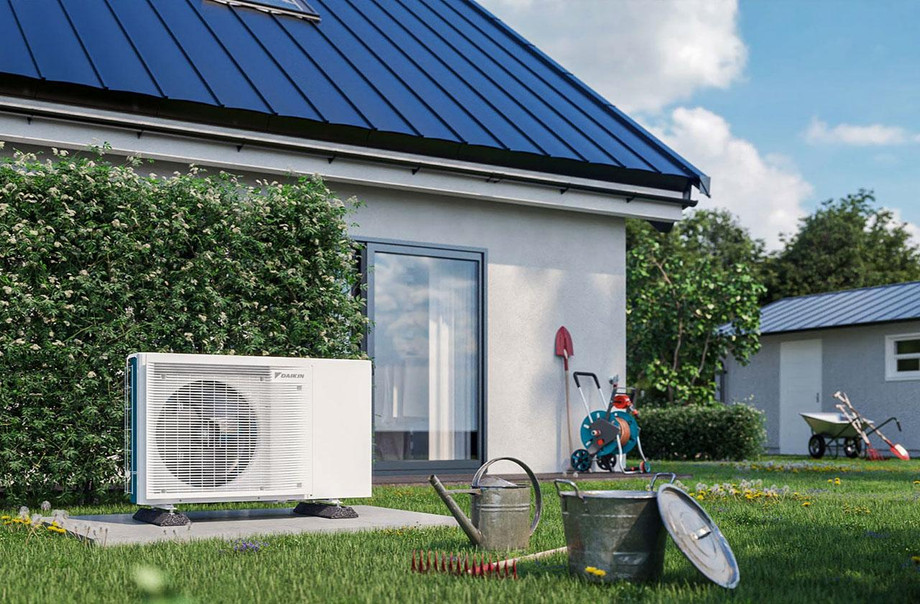Mini-split heat pumps are a significant investment — the average system costs thousands of dollars. But, they will typically provide you with years of reliable, efficient heating and cooling. However, even the most reliable brands can occasionally become defective, so you should pay attention to how long the warranty lasts and whether it includes parts only or also covers labor.
You’re probably wondering whether a mini-split will save you money in the long run and, if so, how long the payback period will likely be. Before you can determine this, you need to understand the typical life expectancy of a mini-split, its upfront cost, and how much it costs to run.
How Long Do Mini-Split Heat Pumps Last?
Mini-splits can last for 20 years or more if properly maintained. Most manufacturers provide a minimum of five years warranty on parts, which you may be able to extend to 10 years by registering the system online and even longer if installed by a specifically approved contractor.
Mini-Split Technology and Longevity
Mini-splits’ reliability is constantly improving, thanks to advances in technology and engineering — it’s not unheard of for these types of systems to last over 20 years. The manufacturers’ warranties typically last for anywhere between five and 12 years, but there’s no reason why your unit can’t last much longer than that.
If you live on the coast, the salt in the air will increase the risk of corrosion, making parts fail more quickly than in places where the air is less humid and contains less salt. So, bear this in mind when assessing the likely life expectancy of a mini-split in your local climate.
Here are some tips for ensuring your system continues to operate correctly well into the future, maximizing the return you get on your investment.
Ensure your installer is qualified — most states require HVAC contractors to be licensed, or at least registered, to install mini-splits. This helps to ensure the integrity and quality of their work.
Use a manufacturer-approved installer — many manufacturers run programs that approve contractors to install their equipment and will offer extended warranties on systems they install.
Have your unit serviced regularly — regular maintenance will ensure any problems are detected before they become serious. Clear your system’s filters and airways regularly to avoid the buildup of dust and debris, which can cause the unit to work harder, causing overheating issues and placing unnecessary stress on its components.

